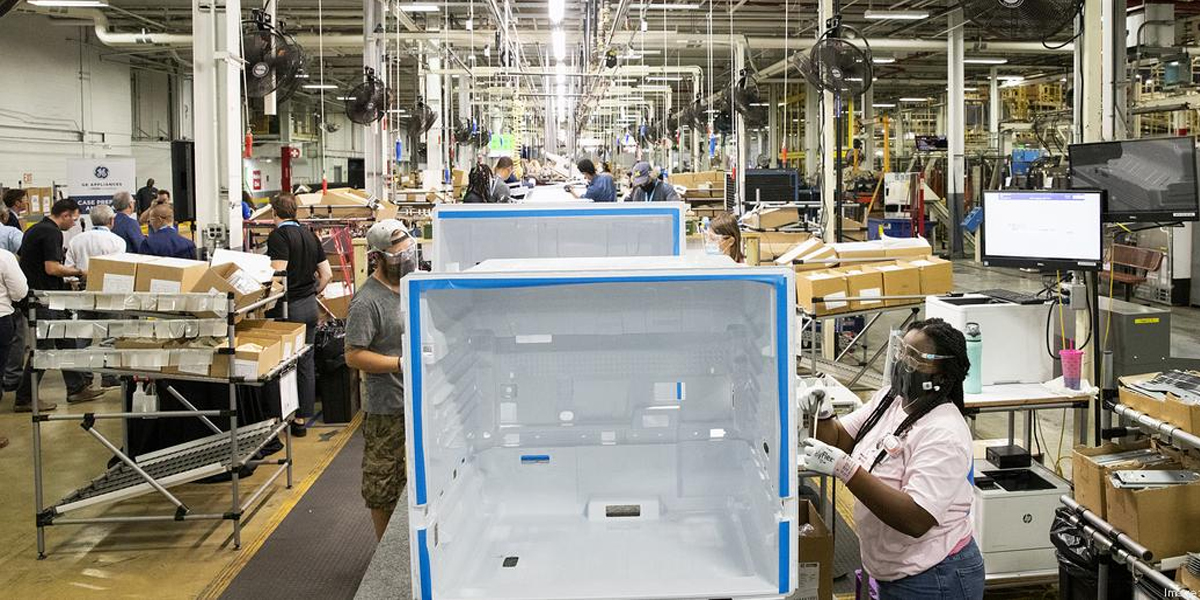The job market may not be at its best at the moment, but GE’s home appliances arm is making the most of the situation by augmenting its workforce through an unexpected source: refugees who fled Afghanistan following the Taliban coup and settled in the United States.
Hundreds of these refugees now live in Louisville, KY, including Kabul University graduate Edris Akseer who took a job in GE Appliances’ refrigerator production line at its Kentucky facility in March of this year. Akseer is just one of many Afghans who have joined the company’s workforce, which is currently made up of over 5,000 skilled workers. He continues to help his fellow refugees by assisting the human resources department in recruiting new workers from the community.
Akseer says that factories on the same scale as GE’s are virtually nonexistent in his home country. When he and other Afghans first saw the company, considering positions to support their families back home, they were impressed by how well-organized it was and how well it paid its workers.
A Timely Move
GE Appliances’ hiring of refugees is seen as a timely development when the market for occupations in manufacturing continues to be tight.
Since the Taliban took over the Afghan government and the ongoing war in Ukraine, the number of international refugees fleeing to the United States has grown exponentially over the past year.
Louisville, KY, in particular, has opened its doors to refugee workers to meet positions in logistics and manufacturing.
Not the First, But Definitely Not the Last
One reason why companies like GE Appliances welcomed refugees so openly is that they tend to stay in their jobs much longer than employees who were born in the United States.
Currently, around 40 Afghan refugees are working at the company’s Kentucky plant, bringing the total of employees who speak English as a second language to around 90 since February of this year.
Nevertheless, GE Appliances offers communication support to those who are still learning or struggling with the use of English in the workplace. Interpreters are available and over 100 documents related to health, safety, and employment policies have been translated into numerous languages.
As of press time, more than 40 languages are currently spoken on the production floor. The company is set to hold an additional nine ESL employee orientations to drive up its hiring of refugees from overseas.














